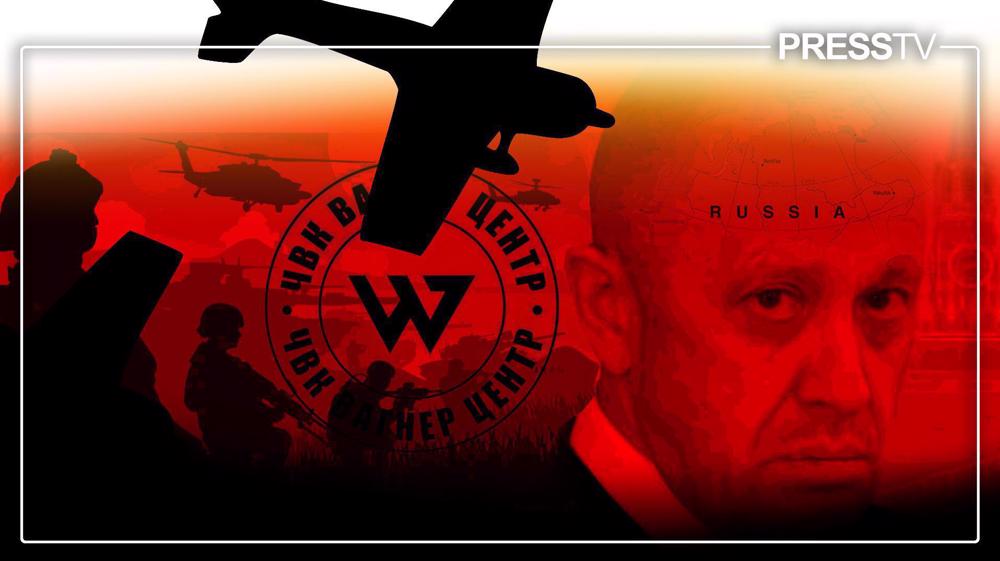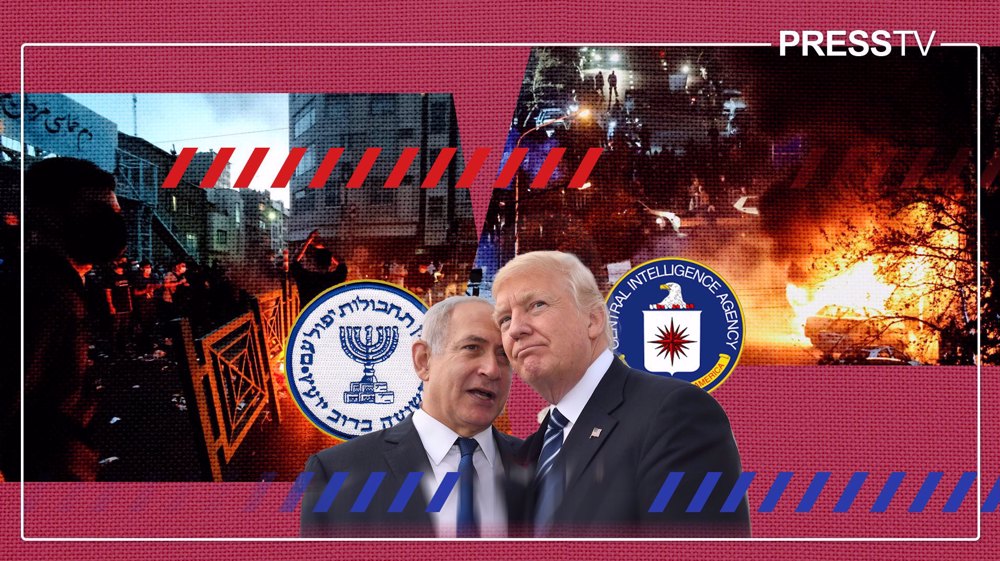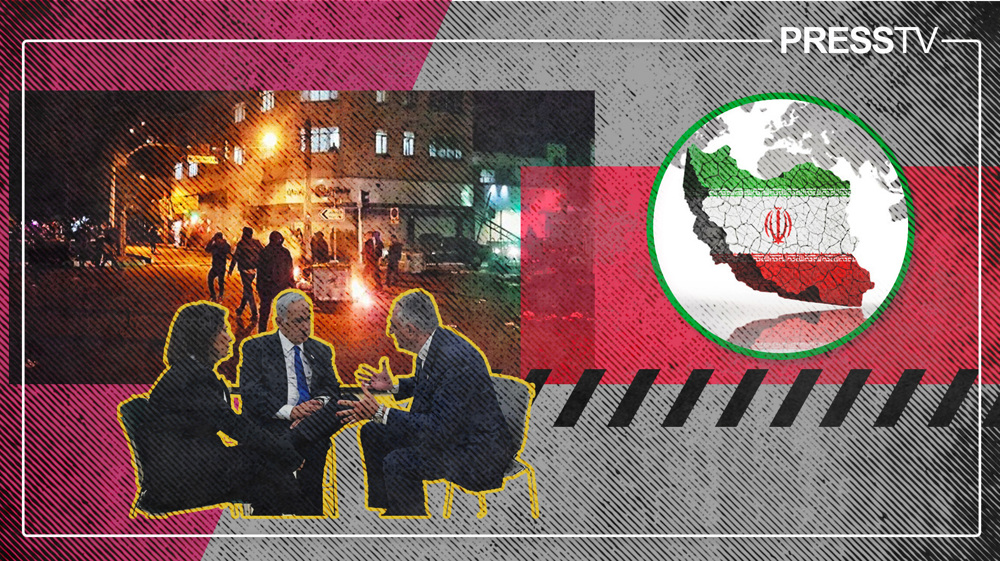Explainer: The rise, fall and end of Wagner chief Yevgeny Prigozhin
By Ivan Kesic
On August 23, a private jet mysteriously crashed between Moscow and Saint Petersburg, killing all ten people on board, including seven passengers and three crew members.
The Russian Federal Air Transport Agency (FATA) confirmed that the passenger list included Yevgeny Prigozhin, the founder and leader of the Wagner Group, and Dmitry Utkin, the co-founder and military commander of that group.
Although there were conflicting reports initially about the fate of the private military group's famous chief, his death was eventually confirmed by Russian authorities, marking the end of an era.
How did Wagner plane crash?
Russian authorities reported the crash took place near Kuzhenkino in the Tver Region, around 100 km north of its departure point in Moscow, while an Embraer 135BJ Legacy 600 was flying between the two largest Russian cities.
Videos of the crash immediately circulated on social media, showing the jet plummeting toward the ground in a seemingly uncontrolled spin, leaving behind a trail of black smoke.
Russian officials said they discovered all ten bodies from the plane's wreckage, but identification of the bodies wasn't possible due to severe burns and disfiguration.
The passenger list, however, shows that the dead, in addition to Prigozhin and Utkin, include Wagner Group members Valery Chekalov, Evgeny Makaryan, Nikolay Matuseev, Sergey Propustin, and Alexander Totmin.
The victims also include a pilot, a co-pilot, and a flight attendant, whose identity is not known yet.
Who was Yevgeny Prigozhin?
Born in Leningrad, now Saint Petersburg, Prigozhin built a career as a businessman and restaurant owner after the collapse of the Soviet Union.
Successful in the catering industry, he connected with the highest Russian politicians and won numerous government tenders to supply schools, government institutions, and the country's military forces with food.
In 2014, after the outbreak of the Donbas War in eastern Ukraine, Prigozhin founded the Wagner paramilitary group that played an important role in the course of the conflict.
The popularity and influence of Prigozhin and his Wagner Group grew amid the outbreak of the Russia-Ukraine war in February 2022, when his private militia fighters participated in several important battles, including the months-long battle of Artyomovsk (Bakhmut).
During that battle, Prigozhin became increasingly critical of the Russian authorities, often posting videos alleging their mismanagement of military leadership and supplies.
In late June, the dispute resulted in a one-day open revolt and a march toward Moscow by Wagner's troops, which ended with the mediation of Belarusian President Lukashenko.
Since then, Prigozhin's whereabouts were shrouded in mystery.
What is the Wagner Group?
The Wagner Group, officially PMC Wagner, is a private military company founded in 2014, inspired by similar private and paramilitary groups that have gained prominence in the 21st century, mostly bankrolled by Western countries.
The group began to operate in the war for Donbas, where it operated with regular Russian army units, and its membership over the years grew from several hundred to tens of thousands, with support from Moscow.
Since 2015, Wagner fighters have actively participated in Russia's military operations, including against Western-backed Takfiri and separatist terrorism in Syria, in the liberation of Palmyra, Deir ez-Zor and Ghouta near Damascus.
With a growing reputation, African countries such as Sudan, Central African Republic, Mali, Mozambique, and Libya also employed Wagner to fight various rebel and terrorist groups.
During the Russian intervention in Ukraine, Wagner's greatest contribution was the battle for Artyomovsk, which drastically depleted Ukrainian manpower and equipment.
How was Wagner mutiny resolved?
Bickering between the Kremlin and Wagner's leadership intensified over the losses in the battle of Artyomovsk, culminating in a mutiny in June.
Experts say Prigozhin was irked by the requests of the Russian defense ministry for Wagner to sign new contracts by the end of June, which would make them resemble a regular unit of the Russian army.
Prigozhin firmly opposed the new contracts because they put him in a subordinate position, so he opted for strategic blackmail against the Kremlin with the mutiny.
If the Russian army had gone for a unilateral solution to the problem, it would have had to transfer its forces from the Ukrainian frontlines, lose manpower and time, and thus expose itself to the risk of Western-backed Ukraine.
Wagner's bloodless march on Moscow lasted only one day and ended with a Belarus-mediated agreement that the troops would return to their initial positions and that Moscow would not press charges against Prigozhin.
After the mutiny, Prigozhin was not arrested and moved freely in Russia and Belarus, and a few days ago he even posted a video from Africa in which he called for more recruitment.
How did Putin react to the accident?
On Thursday, during a meeting at the Kremlin, Russian President Vladimir Putin said that he had known Prigozhin since the early 1990s, and described him in these words:
"Yevgeny Prigozhin was a man of many talents who made a significant contribution to the struggle against neo-Nazis. Prigozhin was a man of complicated destiny. He’d made serious mistakes in his life, but also got results."
Putin vowed that an investigation would be carried out to ascertain the cause of the fatal accident.
“But what is absolutely certain, the head of the Investigative Committee reported to me this morning. They have already launched a preliminary investigation into this incident. And it will be carried out in full and brought to completion."
IRGC intelligence dismantles MKO, monarchist terror cells in NE Iran
‘Permits of humiliation’: Israel targets Christian schools in al-Quds
Over 470 terrorists, riot ringleaders captured across Iran
UNRWA chief warns about 'record highs' of diseases in Gaza amid Israeli siege
Israeli agricultural exports face looming 'collapse' amid boycotts over Gaza genocide
VIDEO | Canadians preparing to hold more rallies in solidarity with Venezuela
VIDEO | Iranian national Mahdieh Esfandiari goes on trial for supporting Palestine
VIDEO | Italian farmers launch protest campaign against EU-Mercosur free trade deal










 This makes it easy to access the Press TV website
This makes it easy to access the Press TV website